Among the most famous leaders to visit China in recent times is Bill Gates. He arrived in the country on June 16. This was his first trip in four years. Here, he had a meeting with Chinese President Xi Jinping.
In the blog, he shared that the two sides discussed the importance of addressing global health and development challenges such as health inequities and climate change, as well as the role of China.
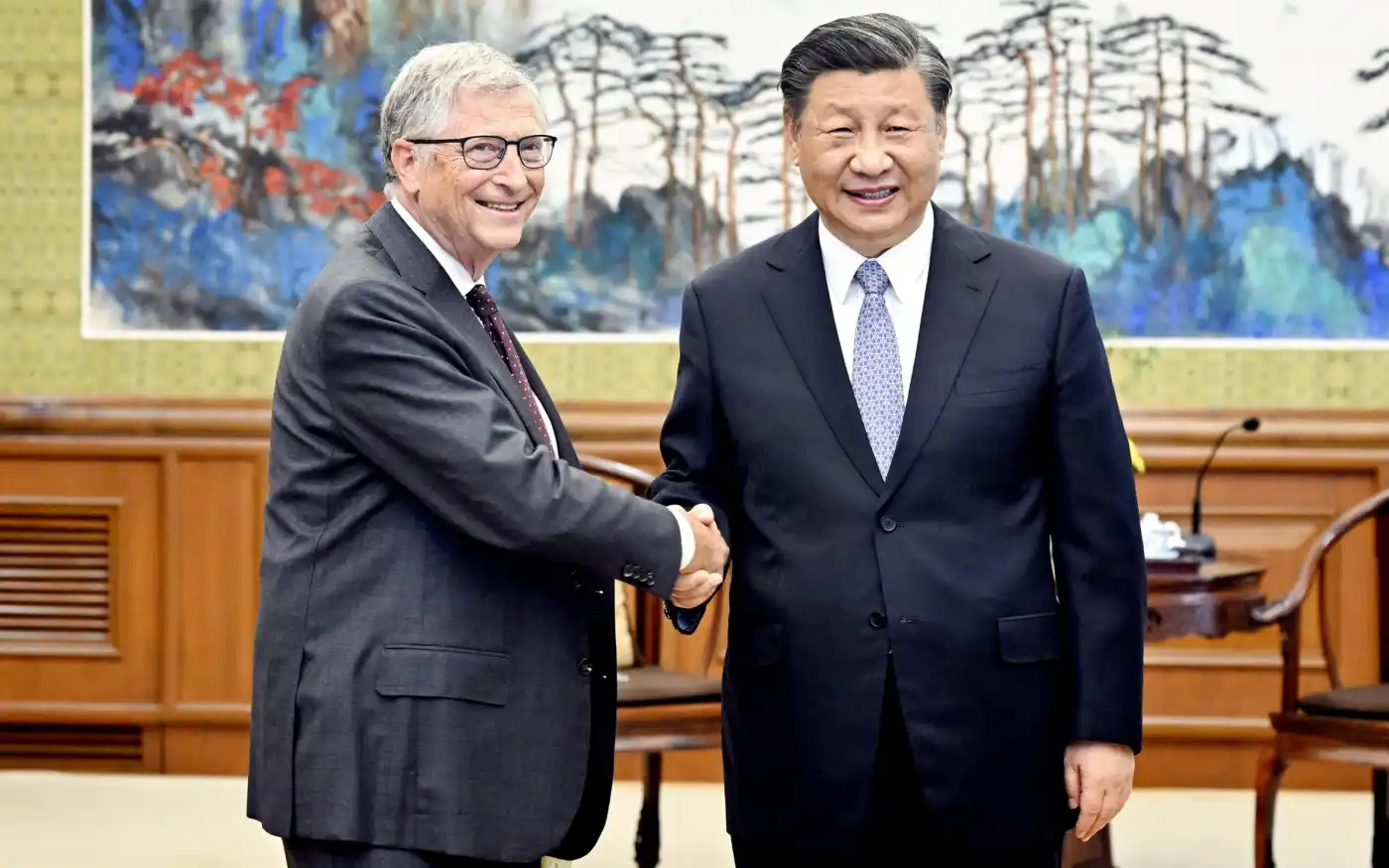
Gates' trip comes days before a highly anticipated visit by US Secretary of State Antony Blinken to help get bilateral relations back on track. 2023 marks Microsoft's 30th year in China. While Gates is no longer involved in operations, he continues to work to mitigate the impact of US-China tensions on his business.
Earlier, Elon Musk – CEO of electric car company Tesla – made his first business trip to China in three years at the end of May. About 40% of Tesla cars are produced at the Shanghai factory. Talking to Foreign Minister Qin Gang, Musk said Tesla opposes separation and severance of supply chains, and is ready to expand business in the world's second largest economy.
Gates and Musk arrived in Beijing just as the country lifted Covid-19 restrictions in January. According to the US Department of Commerce, US-China trade increased by about 5% in 2022 to nearly $690 billion, a four-year record. Although the US President Joe Biden's administration has imposed many embargoes on China on semiconductors and advanced technology, businesses are still looking for new opportunities in the country of a billion people in other fields.
During a visit to Shanghai in May, JPMorgan Chase CEO Jamie Dimon hinted that the bank had no plans to leave China. “When you do business in a country, you have both good and bad experiences,” he said.
In 2021, JPMorgan was granted permission to become the first foreign financial institution to fully own a securities firm in China. Despite growing unrest there, brokerage commissions remain a big plus.
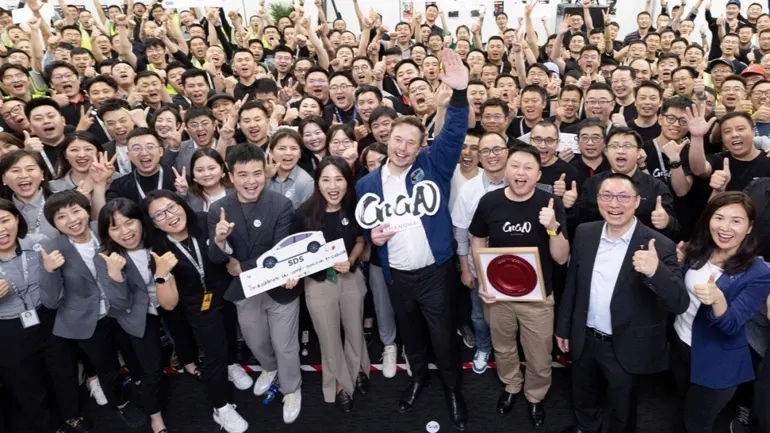
Apple CEO Tim Cook, Qualcomm CEO Cristiano Amon and Intel CEO Pat Gelsinger have all visited China in recent months. According to Nikkei , the Chinese government has rolled out the red carpet for business leaders, arranging meetings with top officials. As the economy struggles to recover from Covid, Xi Jinping sees foreign investment and technology as key to ensuring stable economic growth and countering US efforts to cut off supply chains.
The list of foreign CEOs visiting China also includes Peter Wennink, CEO of semiconductor equipment maker ASML, and Jean-Marc Chery, CEO of semiconductor company STMicroelectronics. On June 7, STMicroelectronics announced plans to build a joint venture factory with a local partner in Chongqing.
In April, French President Emmanuel Macron visited China with a delegation of business leaders, including the head of Airbus. The aircraft manufacturer agreed with local authorities to build a new assembly line in Tianjin and received a license to supply 160 aircraft.
German Chancellor Olaf Scholz will also visit China with businesses in the fall of 2022. China reciprocated with a delegation led by Premier Li Qiang to Germany on June 20.
Still, many companies are concerned about the continuing US-China tensions and are looking for alternatives. For example, Sequoia Capital has decided to spin off its China division. AstraZeneca is considering disbanding its China unit. Tech companies like Apple are expanding their supply chains in Southeast Asia and India to reduce their dependence on the mainland.
(According to Nikkei)
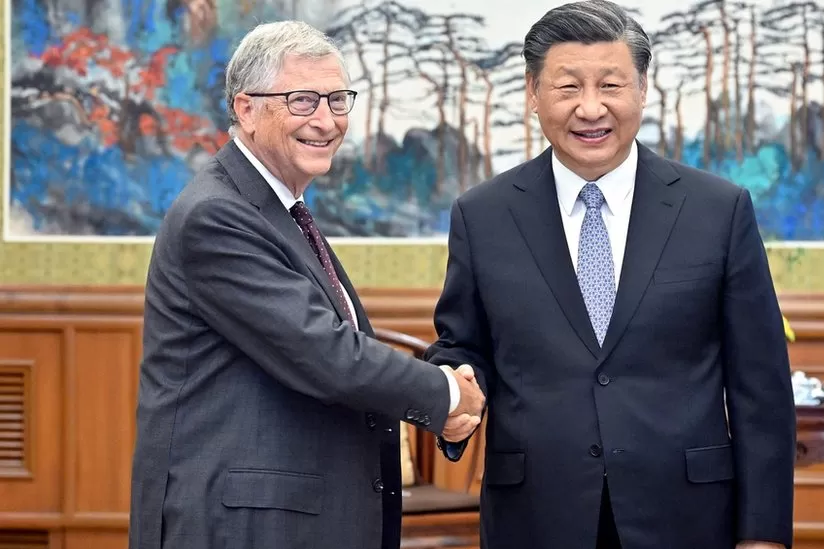
Source



![[Photo] Ha Giang: Many key projects under construction during the holiday season](https://vphoto.vietnam.vn/thumb/1200x675/vietnam/resource/IMAGE/2025/5/1/8b8d87a9bd9b4d279bf5c1f71c030dec)
![[Photo] Binh Thuan organizes many special festivals on the occasion of April 30 and May 1](https://vphoto.vietnam.vn/thumb/1200x675/vietnam/resource/IMAGE/2025/5/1/5180af1d979642468ef6a3a9755d8d51)



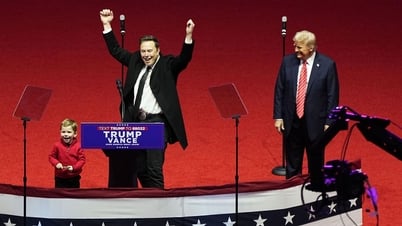



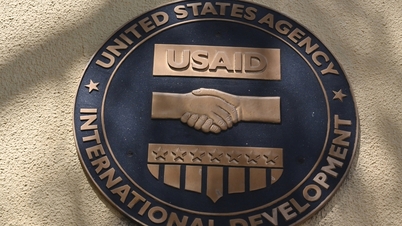


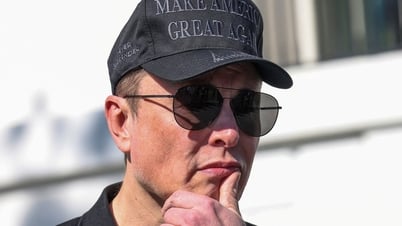



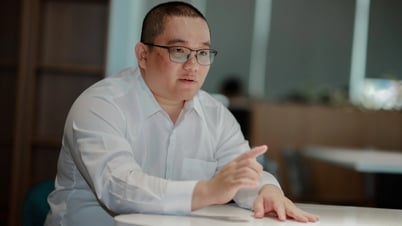
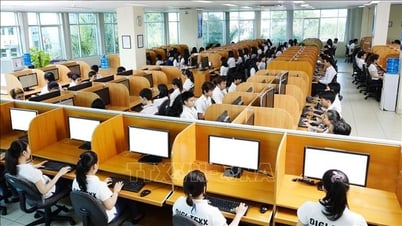






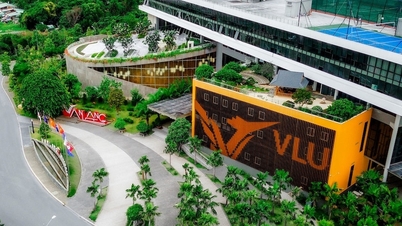



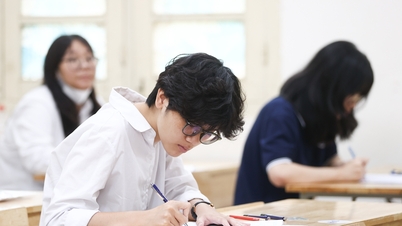


![[Photo] Feast your eyes on images of parades and marching groups seen from above](https://vphoto.vietnam.vn/thumb/1200x675/vietnam/resource/IMAGE/2025/4/30/3525302266124e69819126aa93c41092)











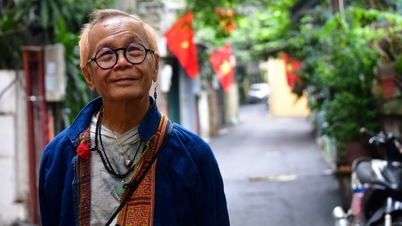



















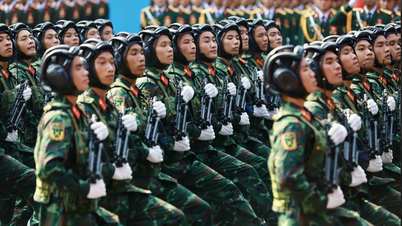











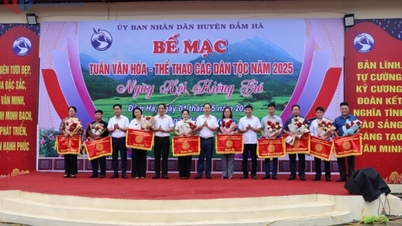

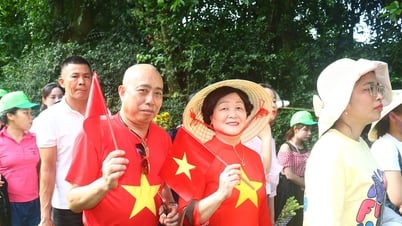





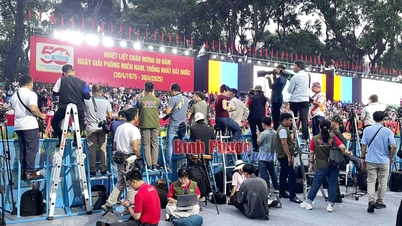













Comment (0)